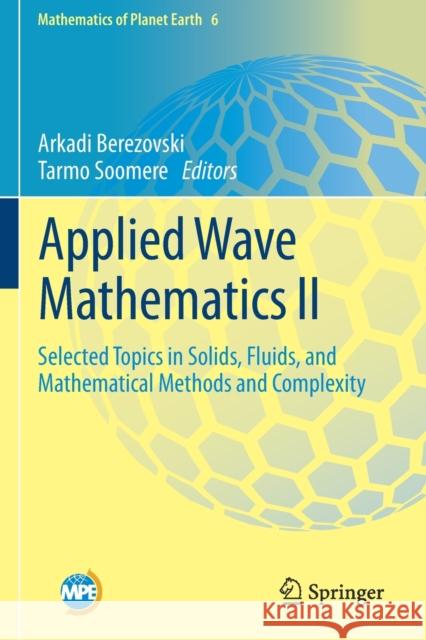Applied Wave Mathematics II: Selected Topics in Solids, Fluids, and Mathematical Methods and Complexity » książka
topmenu
Applied Wave Mathematics II: Selected Topics in Solids, Fluids, and Mathematical Methods and Complexity
ISBN-13: 9783030299538 / Angielski / Miękka / 2020 / 376 str.
Applied Wave Mathematics II: Selected Topics in Solids, Fluids, and Mathematical Methods and Complexity
ISBN-13: 9783030299538 / Angielski / Miękka / 2020 / 376 str.
cena 403,47
(netto: 384,26 VAT: 5%)
Najniższa cena z 30 dni: 385,52
(netto: 384,26 VAT: 5%)
Najniższa cena z 30 dni: 385,52
Termin realizacji zamówienia:
ok. 16-18 dni roboczych.
ok. 16-18 dni roboczych.
Darmowa dostawa!
Kategorie:
Kategorie BISAC:
Wydawca:
Springer
Seria wydawnicza:
Język:
Angielski
ISBN-13:
9783030299538
Rok wydania:
2020
Wydanie:
2019
Numer serii:
000782876
Ilość stron:
376
Waga:
0.57 kg
Wymiary:
23.39 x 15.6 x 2.13
Oprawa:
Miękka
Wolumenów:
01
Dodatkowe informacje:
Wydanie ilustrowane











